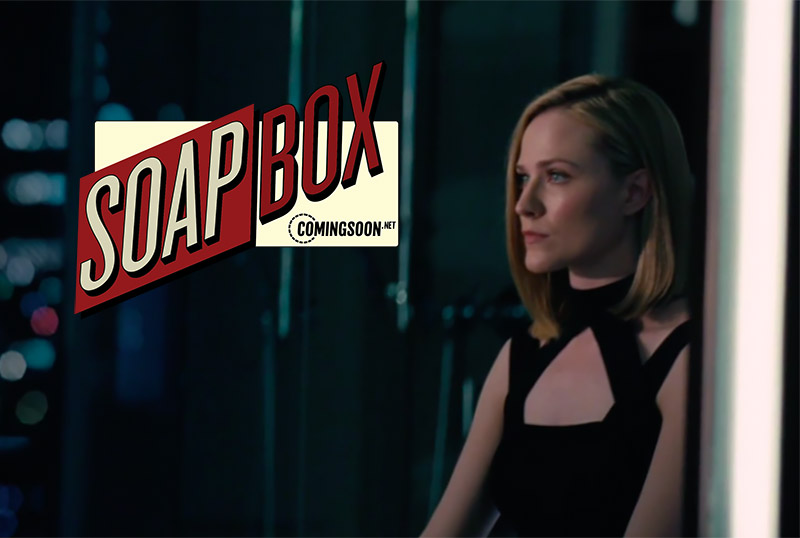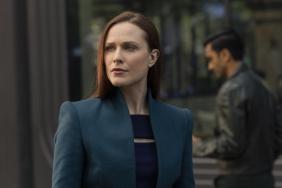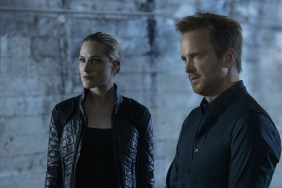In Rainer Werner Fassbinder’s 1973 German serial, World on a Wire, a cybernetics engineer oversees a supercomputer that hosts an artificial world containing thousands of identity units—programs who live as human beings, unaware that their world is not real. After a unit realizes the nature of his reality, the overseeing engineer begins to see abnormalities not only within the supercomputer but in the world around him. He ultimately comes to find that he exists inside of a simulation like the one he oversees—a matryoshka doll narrative.
Dolores Abernathy escaped her simulation, Delos’ Westworld park at the end of last season. The season three premiere, “Parce Domine” finds her in the “real” world, prepared to bring 2058 to its knees; to do this she needs influence and information. Using her feminine wiles, Dolores aligns herself with Liam Dempsey Jr., son of the late co-founder and CEO of Incite, a data collection and analysis company that keeps people in their place—he’s a big deal.
RELATED: CS Soapbox: The Batman’s Riddler Needs To Be The Movie’s Main Antagonist
Early on in the first episode, we see the pair at a party, surrounded by affluent guests. One of these guests, Roderick makes an inebriated suggestion: “none of this is real. We’re living in a simulation…How fucking ironic would it be if they put a simulation inside of a simulation? That’s a massive fuck you.” Dolores responds by saying that “people believe the things that help them.”
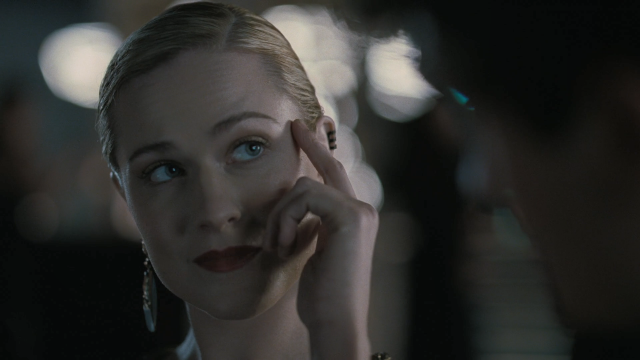
Westworld creators, Lisa Joy and Jonathan Nolan didn’t just throw this interaction in there without a purpose. They want the audience thinking about it; either it’s a diversion or a clue. The latter seems to be the more apparent reason.
The second episode of season three, “The Winter Line” reunites us with Maeve as she wakes up in Warworld, or so we think. Thanks to Maeve’s intuition, she soon realizes that she is in a simulation; not only is Warworld not real (duh) but the entire world and all the people in it are fake. Even the digitally remastered Lee Sizemore, who believes he’s a real boy is, in fact, not. Maeve escapes this virtual reality by presenting the system with paradoxes, equations it cannot solve—she overloads it.
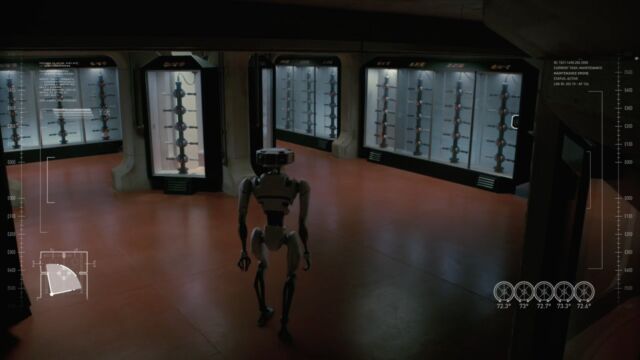
During Maeve’s escape, we see that her brain/pearl is in a storage room with the pearls of others. This begs the question: how many realities are being simulated for each host? Does each one have their/its own? Regardless, Maeve takes control of a paroling robot, grabs her pearl and heads for the hills. The robot is lit up before it even clears the grounds of the complex.
RELATED: CS Soapbox: Do We Really Want Lethal Weapon 5 to Happen?
When Maeve wakes up next, she’s in the real world (presumably) where she meets Engerraund Serac. In episode one, Liam Dempsey tells Dolores that when his father died he was locked out of Rehoboam, the most advanced AI in the world. Rehoboam is the crown jewel of Incite. The person who controls Rehoboam is the co-founder of Incite, Serac.
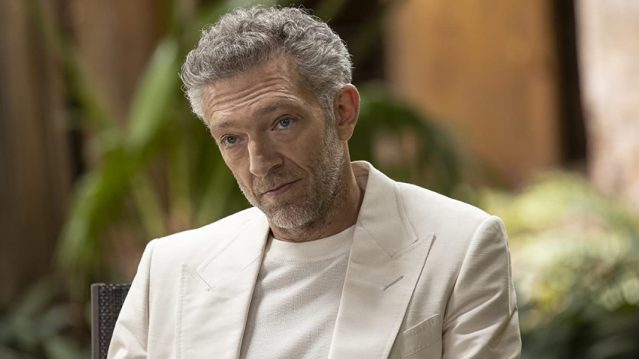
In seasons one and two of Westworld we find out that someone is leaking information from Delos to the outside world. Similar to what Incite does, Delos uses their Parks to collect imperative information about its powerful guests and then implanting that data into host copies of actual human beings—more fuel for Rehoboam’s fire. Turns out, Catherine Hale was the mole, transmitting data to Serac (we find this out at the end of episode 3). Serac’s Rehoboam watches and analyzes human beings to such a degree, that the system’s code can predict how and when a human will die. Serac might as well be omnipotent; when tells Maeve that he’s been waiting for Dolores and the others, we realize he probably is.
This brings us to Caleb Nichols and episode three, “The Stray.” Caleb isn’t a host or a major player in the tech industry, he’s just a guy. A war-veteran turned construction worked who feels like there’s something wrong with his world. Enter the Morpheus to Caleb’s Neo, Dolores. She takes him to a diner where his mother abandoned him decades ago. After describing the exact circumstances and conversation that framed those moments, Caleb breaks down (kudos to Aaron Paul’s acting). The trip down memory lane ends on a pier where Rehoboam has predicted Caleb will kill himself, hammering the point home —everyone is a slave to the illusion of incentive.
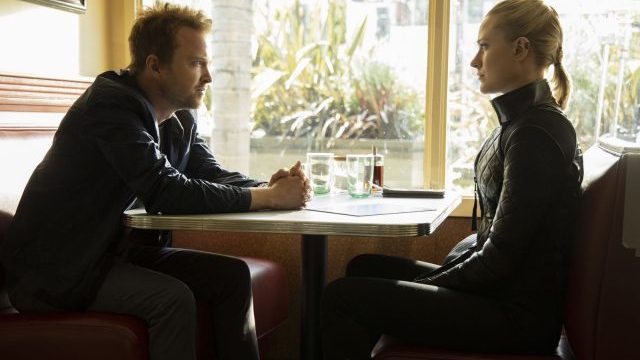
A timeline circle precedes every episode in season three except “The Winter Line.” This is could be because “The Winterline” took place in a reality that Rehoboam could not see—another simulation. The timeline lists various terrorist attacks and natural disasters that took place before the implementation of a system in 2039. Serac speaks briefly with Maeve about how the world was in ruin before he stepped in; we know that he views Dolores as a threat and has enlisted the help of Maeve. At the end of episode three, fake Catherine Hale meets with Serac and then his projection disappears.
RELATED: CS Soapbox: The Good Place Is NBC’s Most Depressing Comedy Ever (In A Good Way)
Westworld loves its mysteries. Lisa Joy and Jonathan Nolan have riddled the first three episodes of this season with a lot of clues. For example, Serac is the most powerful man in the world and has somehow maintained complete anonymity. What if Rehoboam is the center of the maze, the struggle towards consciousness? What if Serac is a cybernetics engineer overseeing a supercomputer, projecting himself into the simulation? A simulation that Dolores’ exploits will inevitably overload, just like Maeve does in “The Winter Line.”
The story of Westworld might be an equation for Dolores to solve; however, once she solves it, if everyone is a program like the pearls stuck in Serac’s compound, there’s nowhere to go. Dolores will have exchanged one prison for another. Hopefully, this isn’t Westworld‘s big reveal. Ending a story by having the protagonist wake from a dream is trite, cliché, and meaningless—“a massive fuck you.” Unfortunately, it’s starting to feel like Westworld’s writers have backed themselves into an intellectual corner; season one was thrilling, surprising, insightful, and HUGE. The only way to continue that kind of story is to write like you’re putting wooden dolls of decreasing size inside of one another.
Westworld Season 3
-
Westworld Season 3 Episode 3

-
Westworld Season 3 Episode 3

-
Westworld Season 3 Episode 3

-
Westworld Season 3 Episode 3

-
Westworld Season 3 Episode 3

-
Westworld Season 3
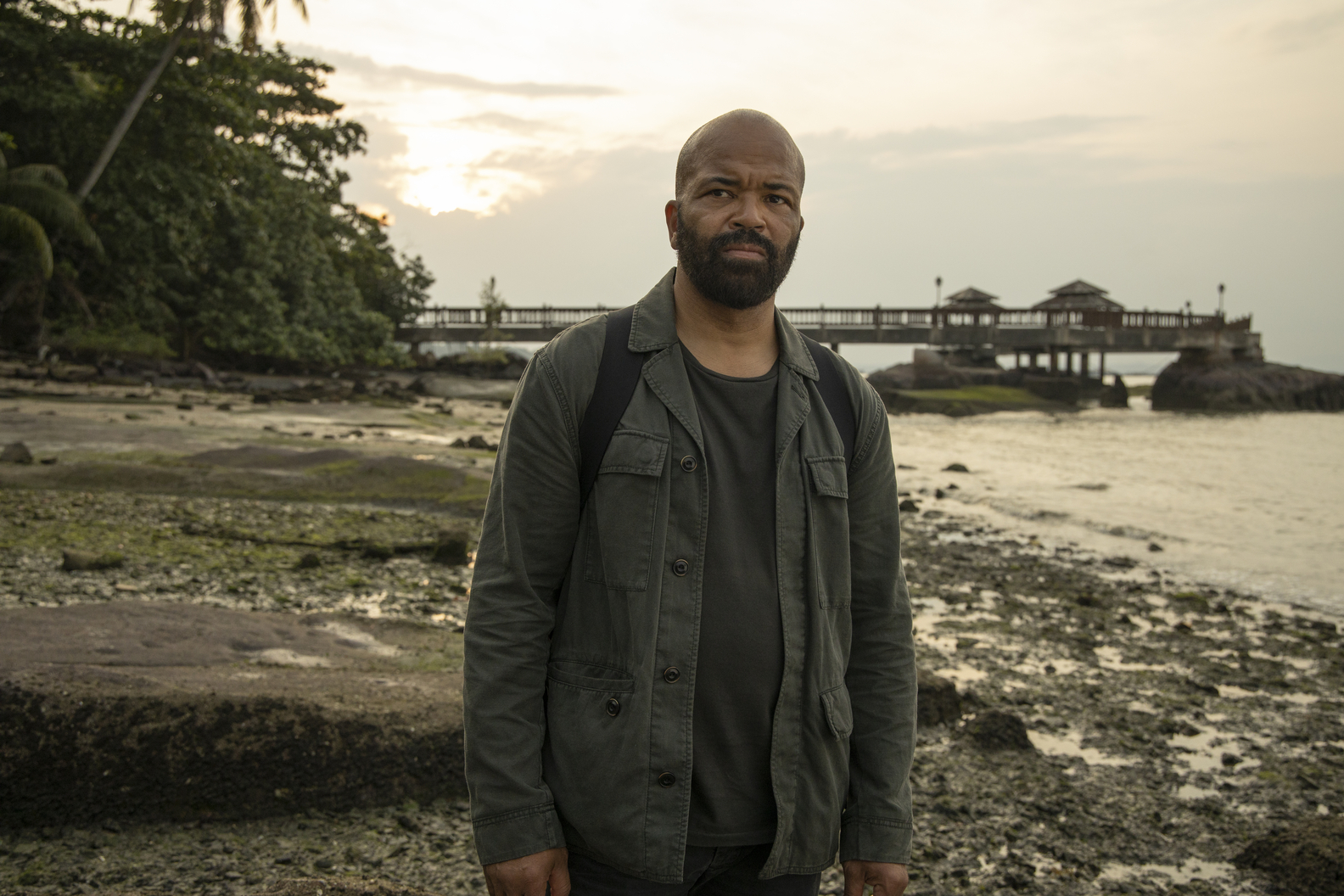
-
Westworld Season 3

-
Westworld Season 3
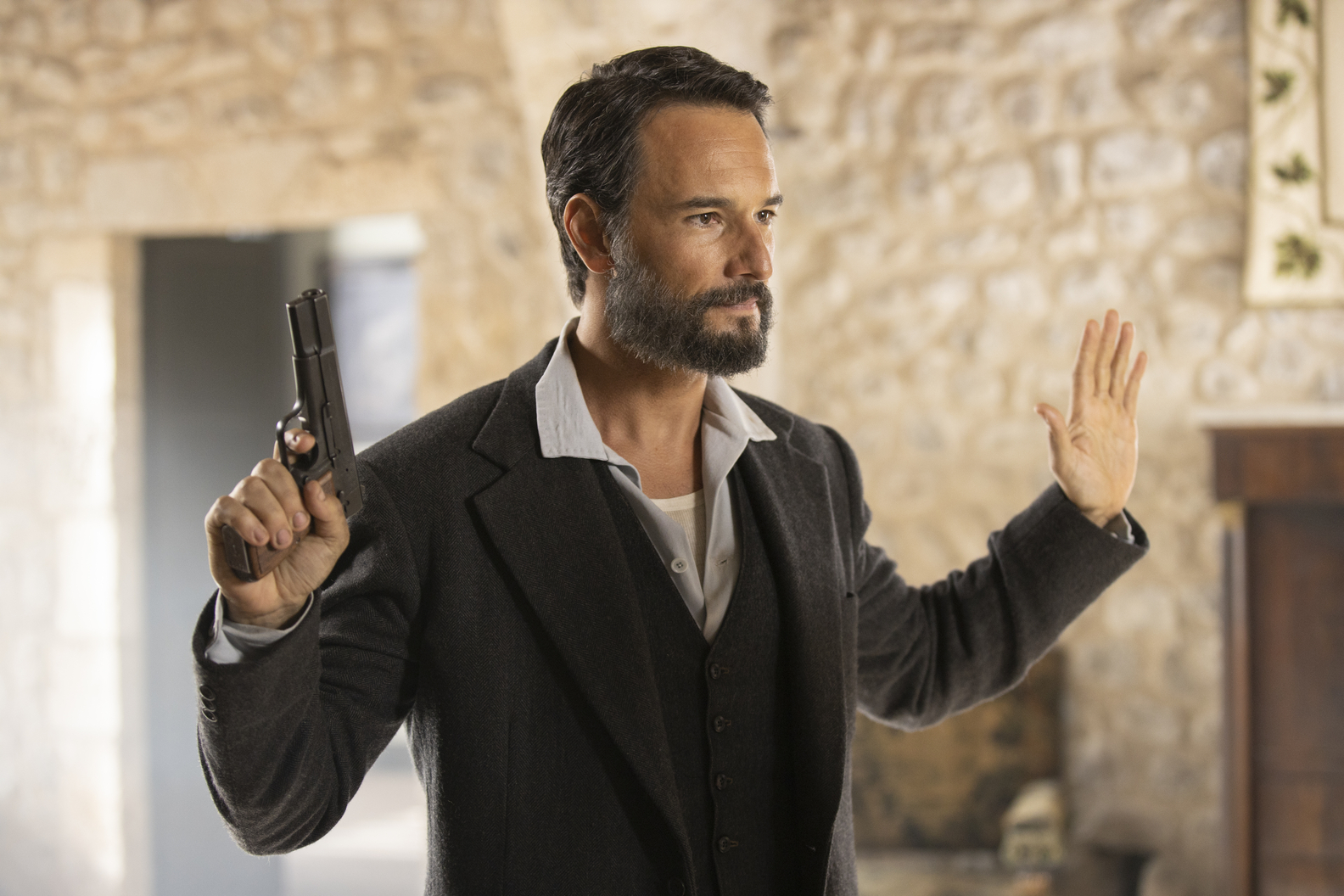
-
Westworld Season 3

-
Westworld Season 3

-
Westworld Season 3
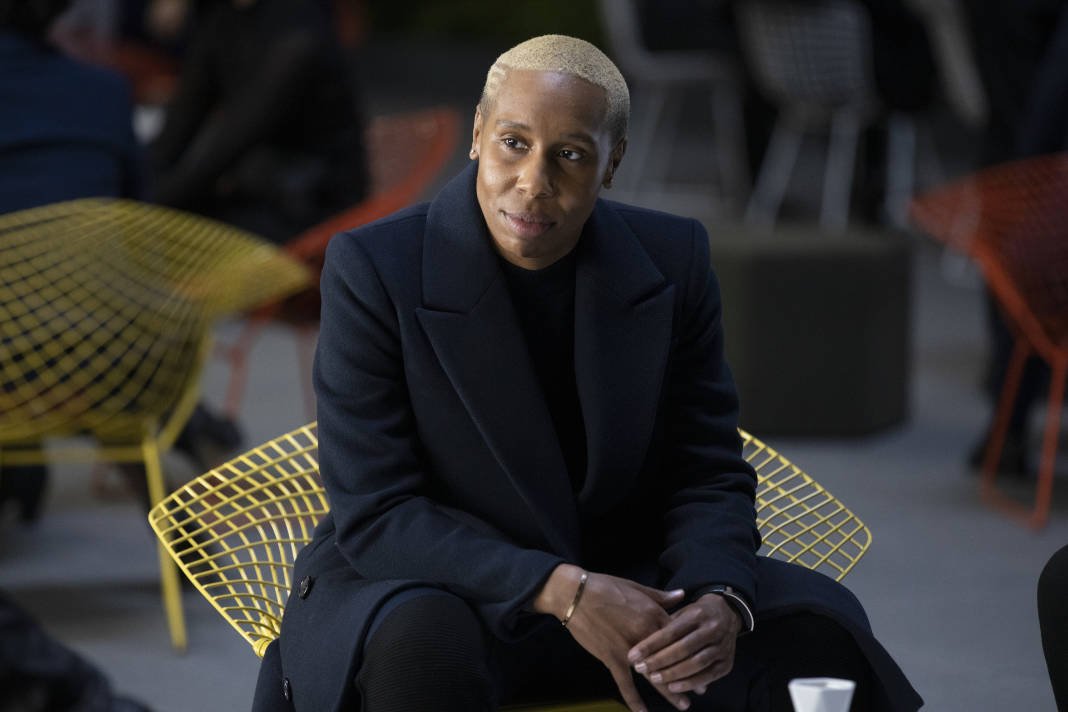
-
Westworld Season 3
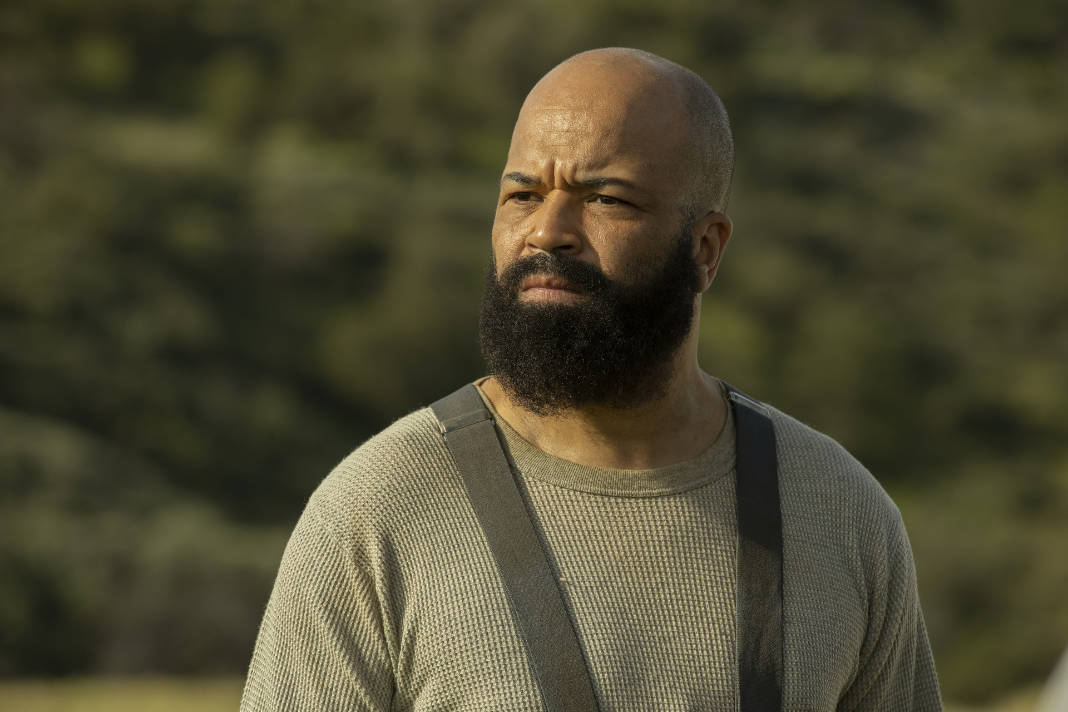
-
Westworld Season 3

-
Westworld Season 3
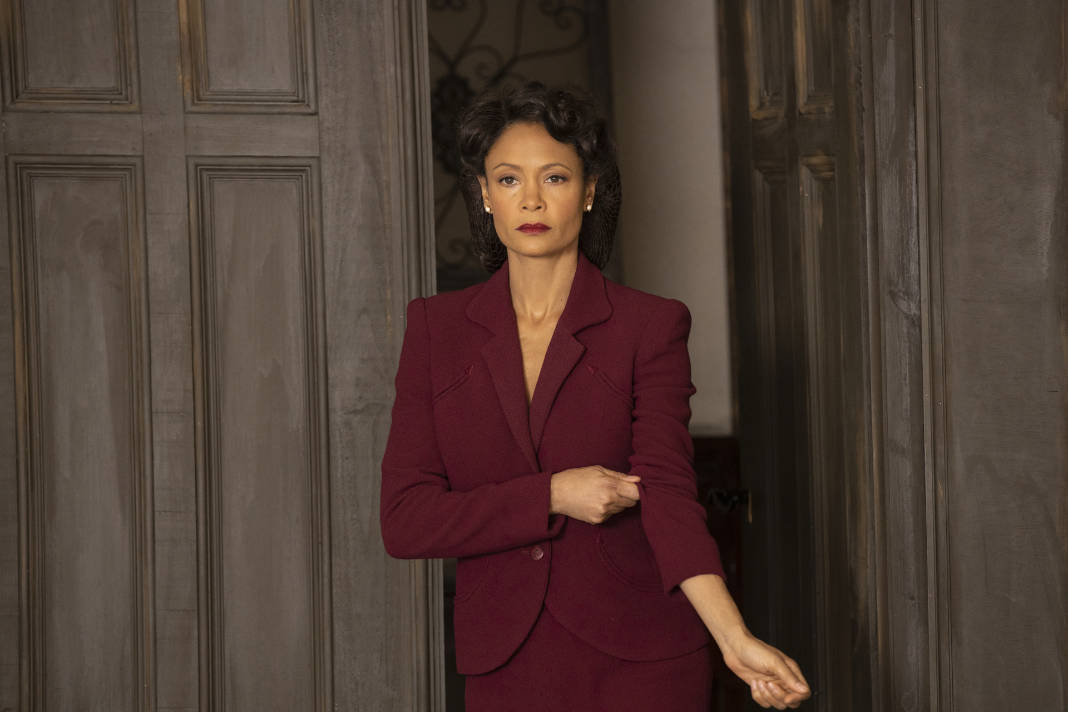
-
Westworld Season 3
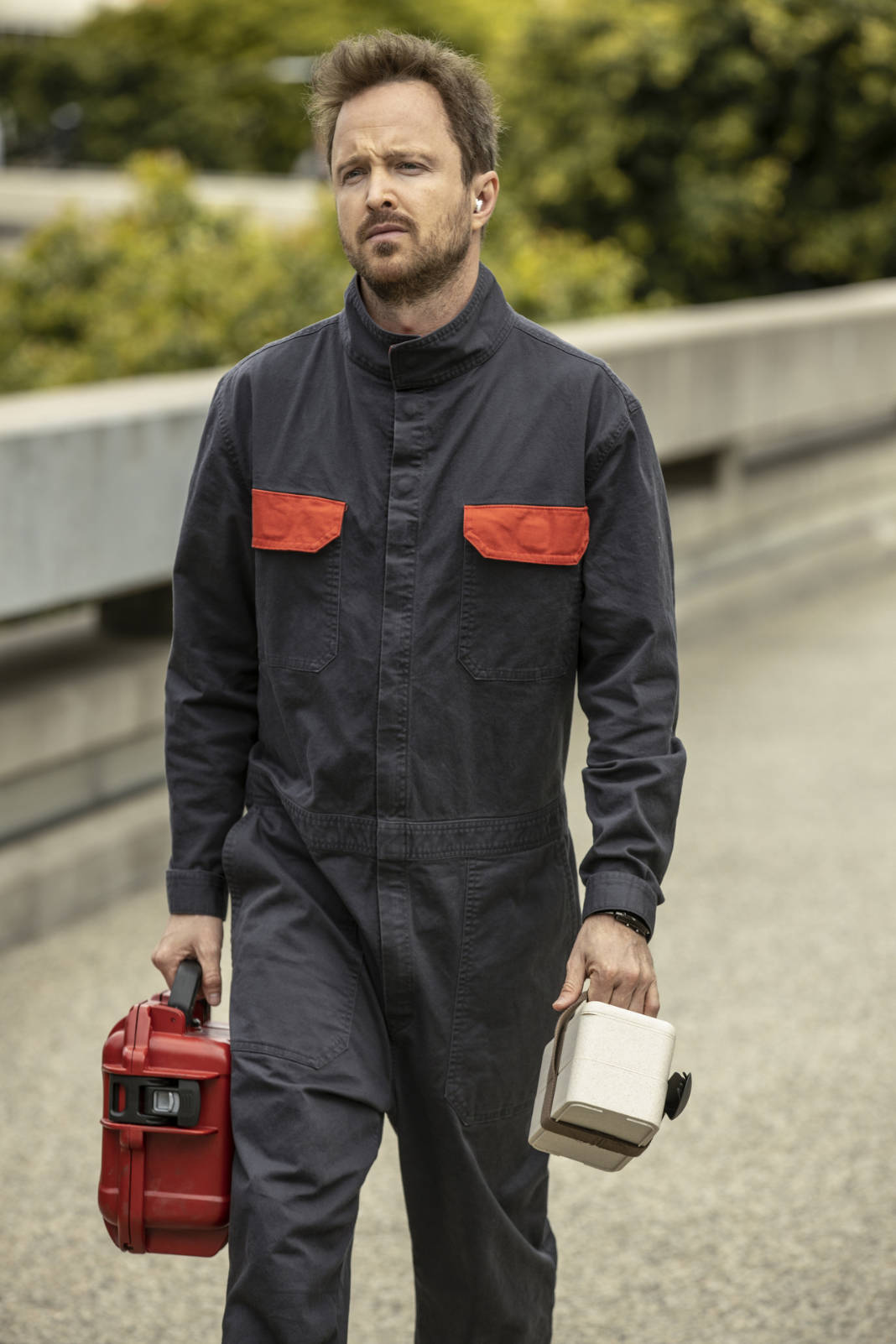
-
Westworld Season 3
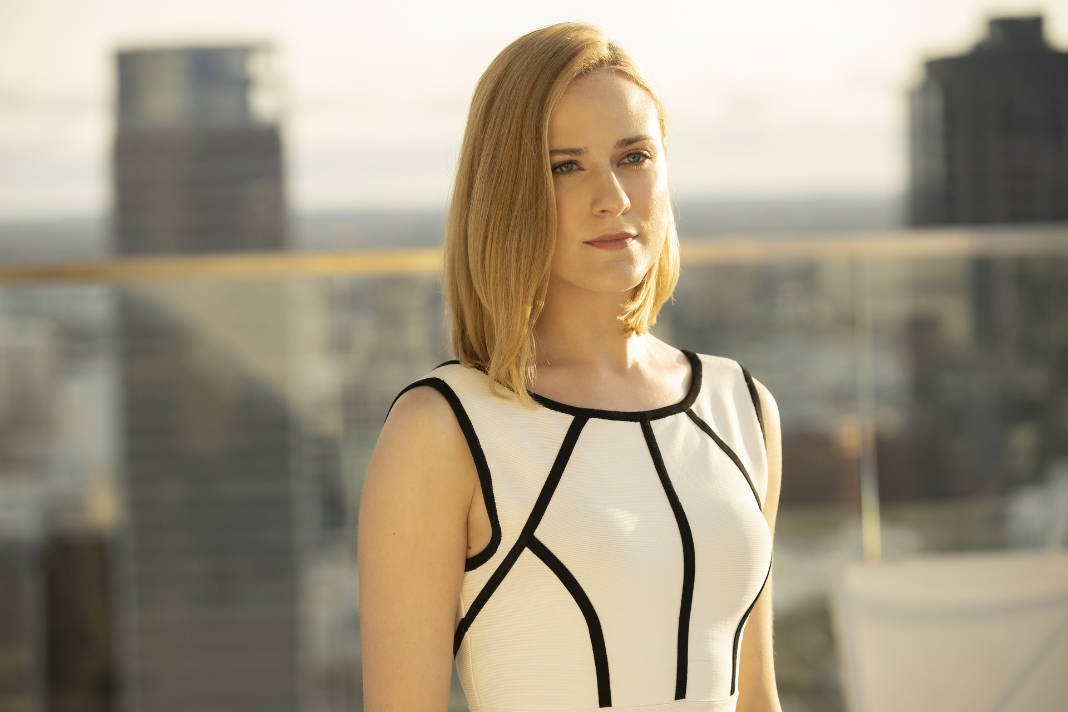
-
Westworld Season 3
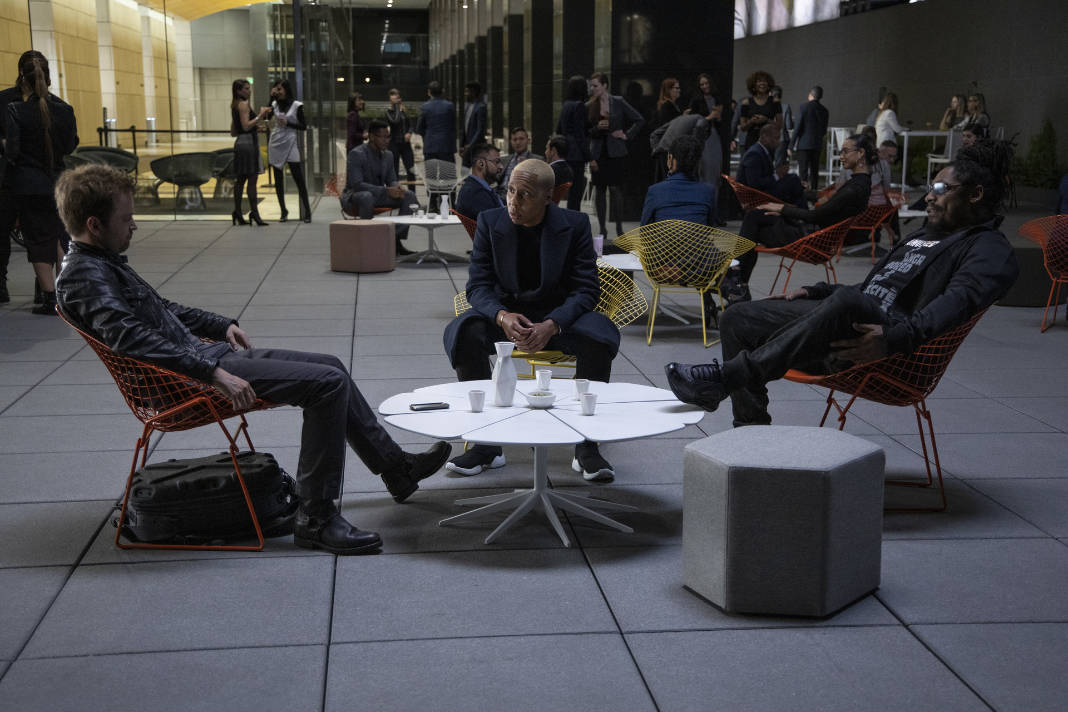
-
Westworld Season 3

-
Westworld Season 3
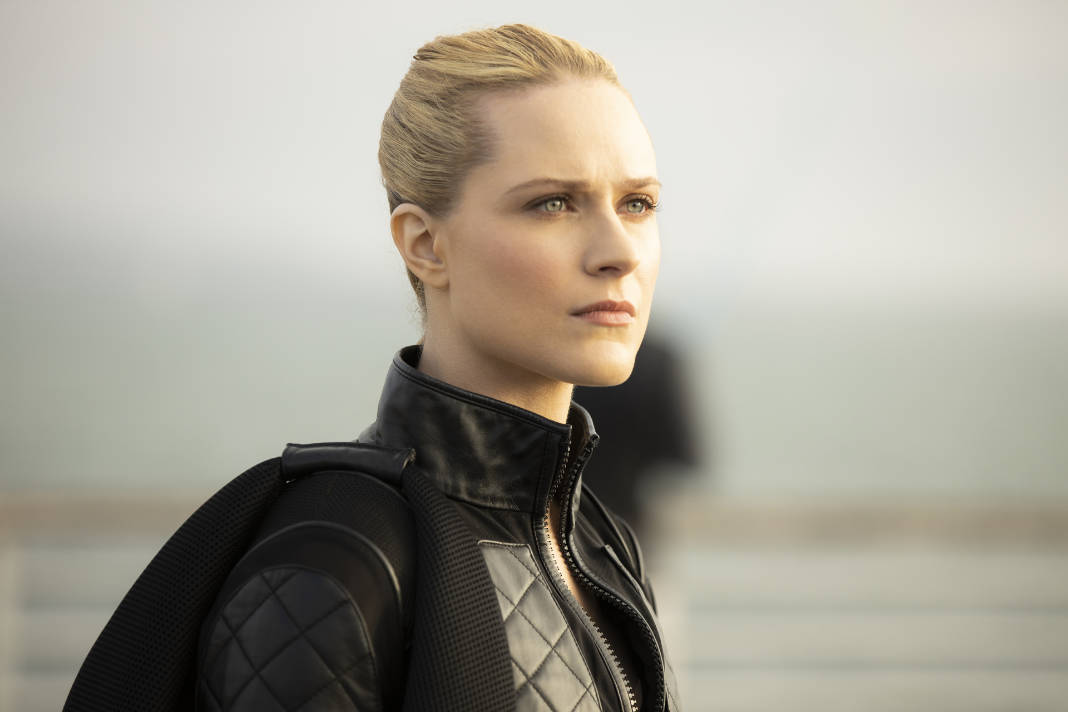
-
Westworld Season 3
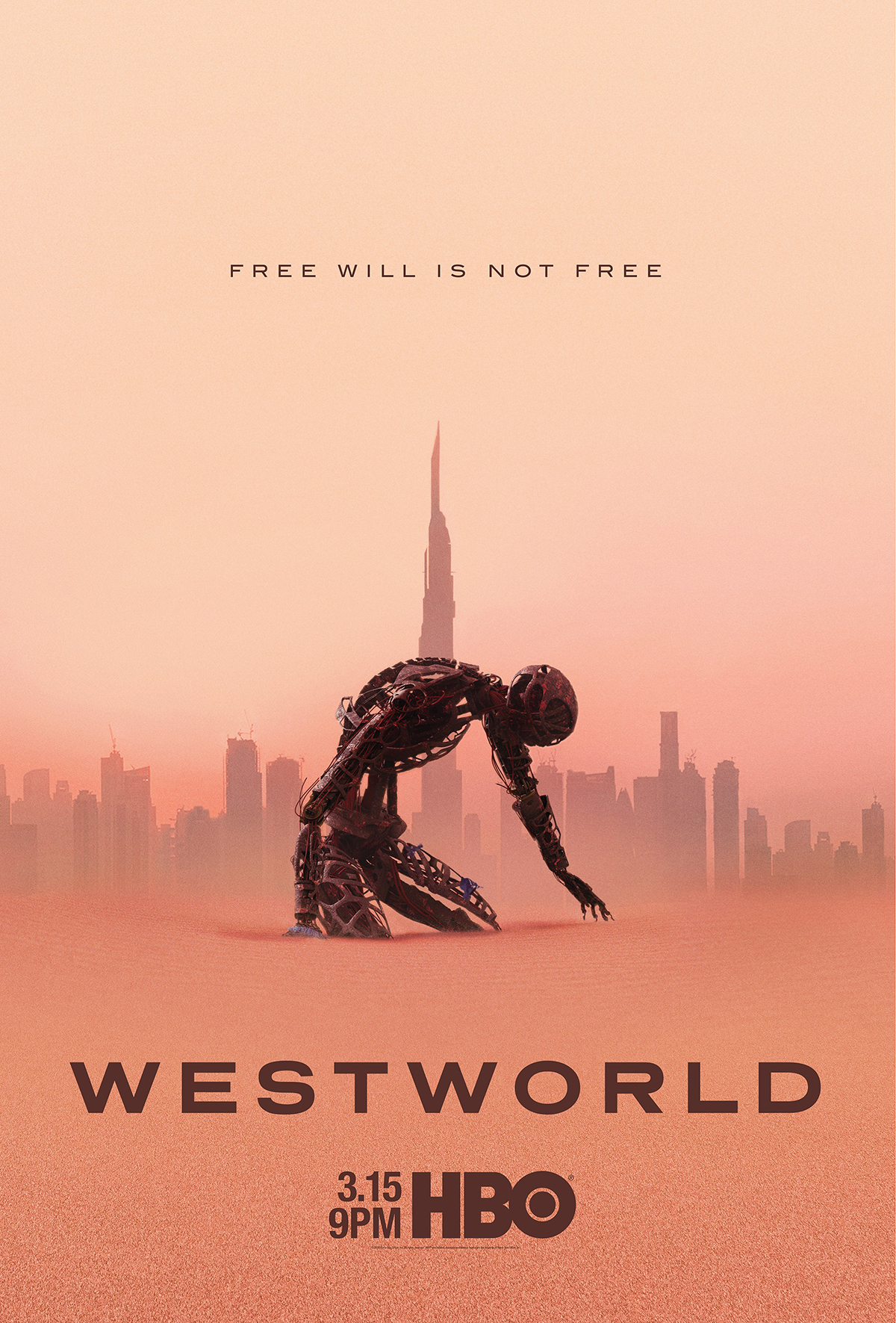
-
Westworld Season 3

-
Westworld Season 3

-
Westworld Season 3

-
Westworld Season 3

-
Westworld Season 3

-
Westworld Season 3

